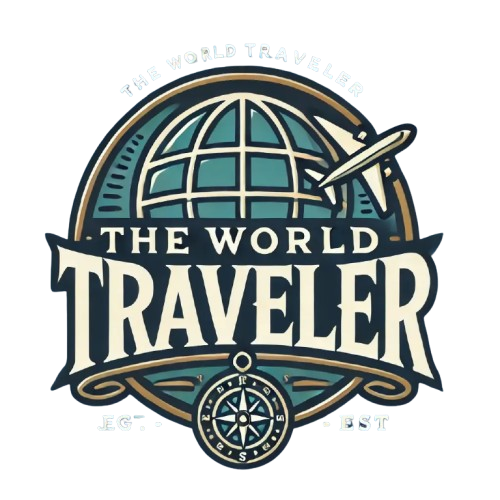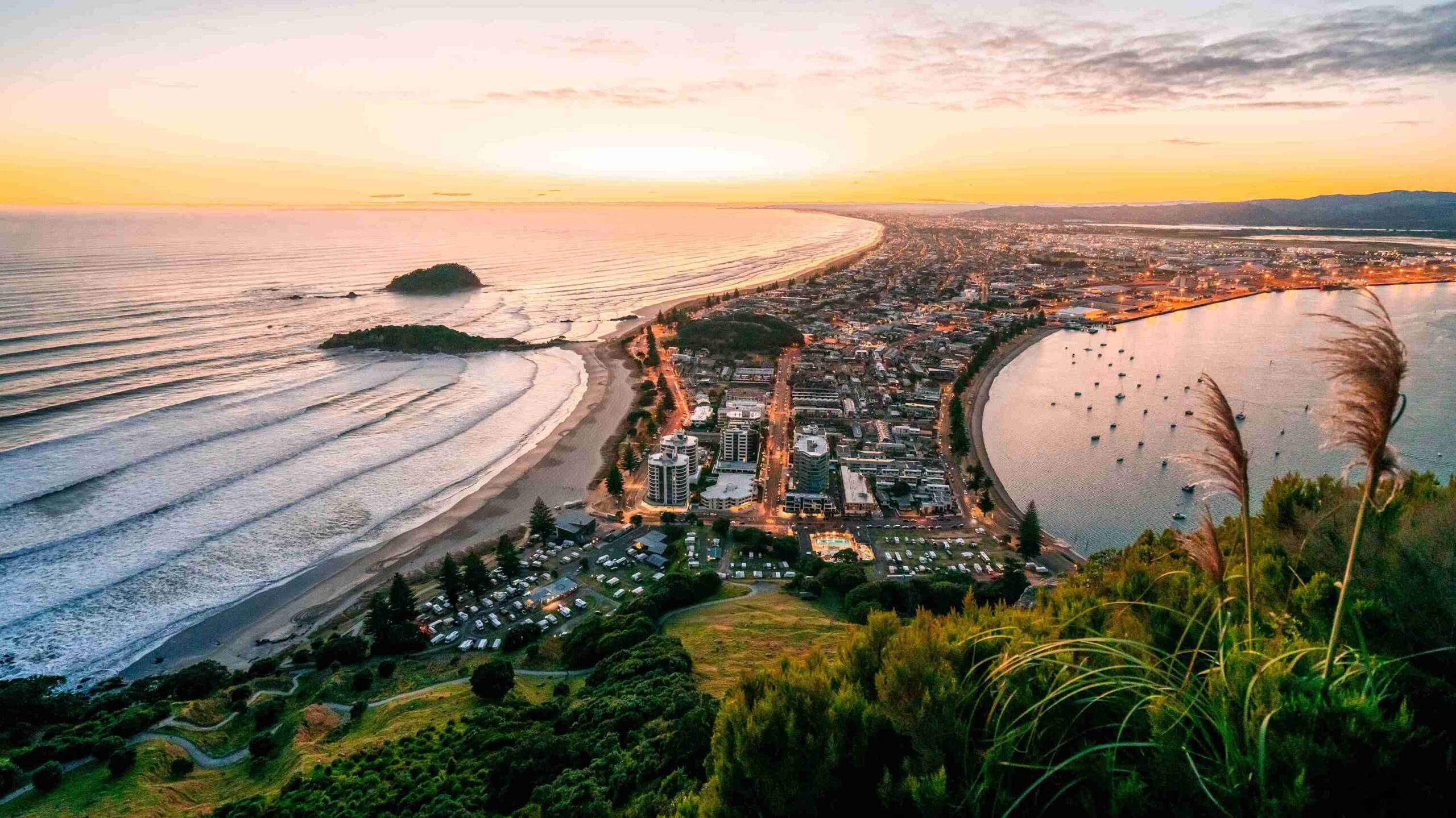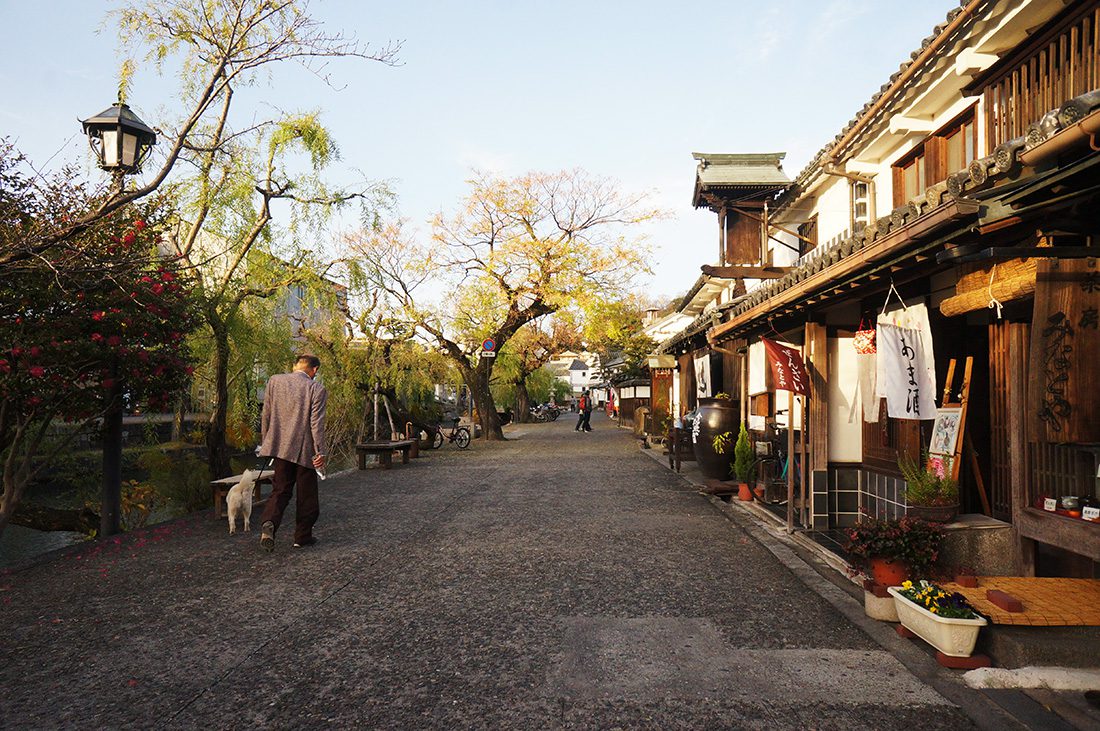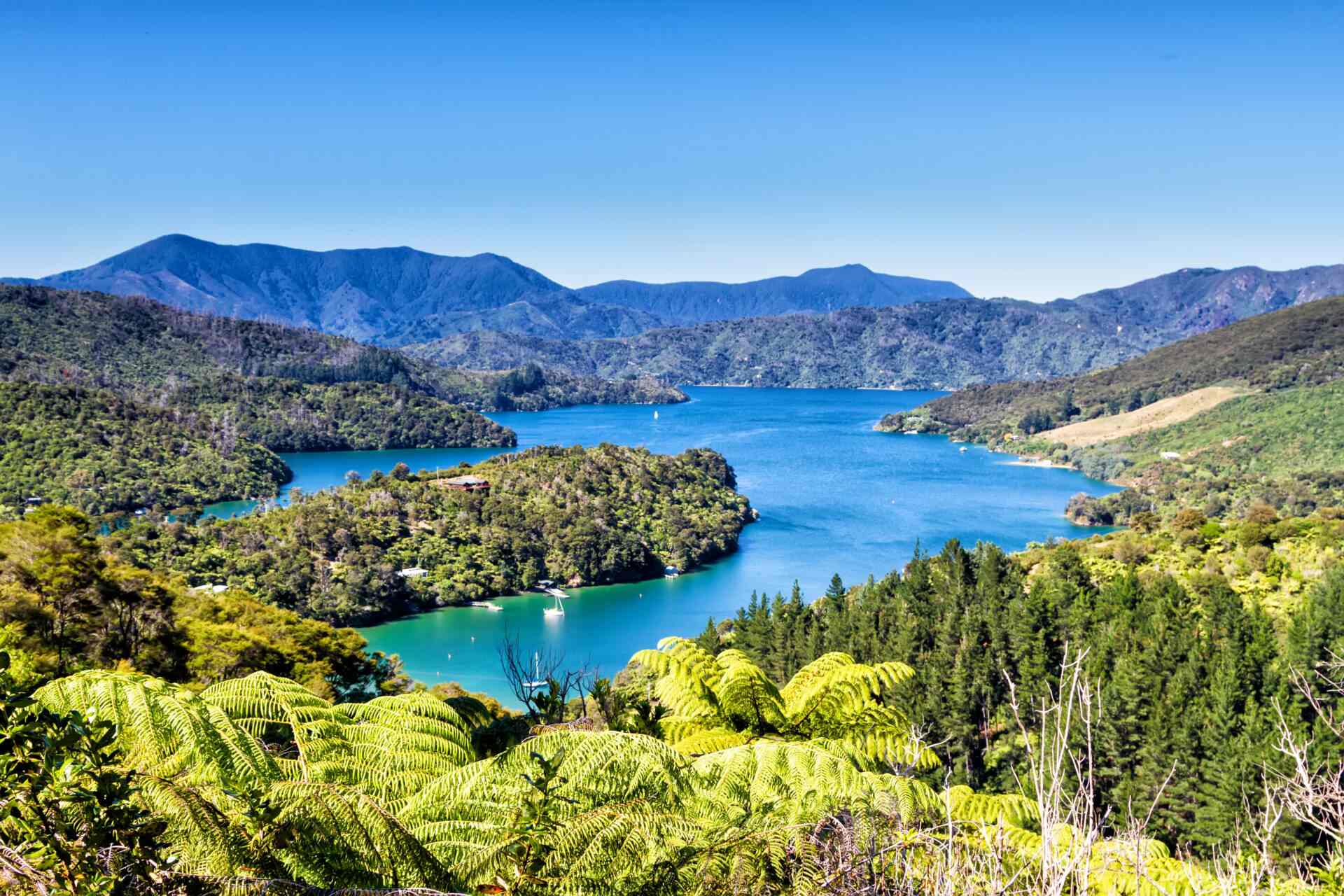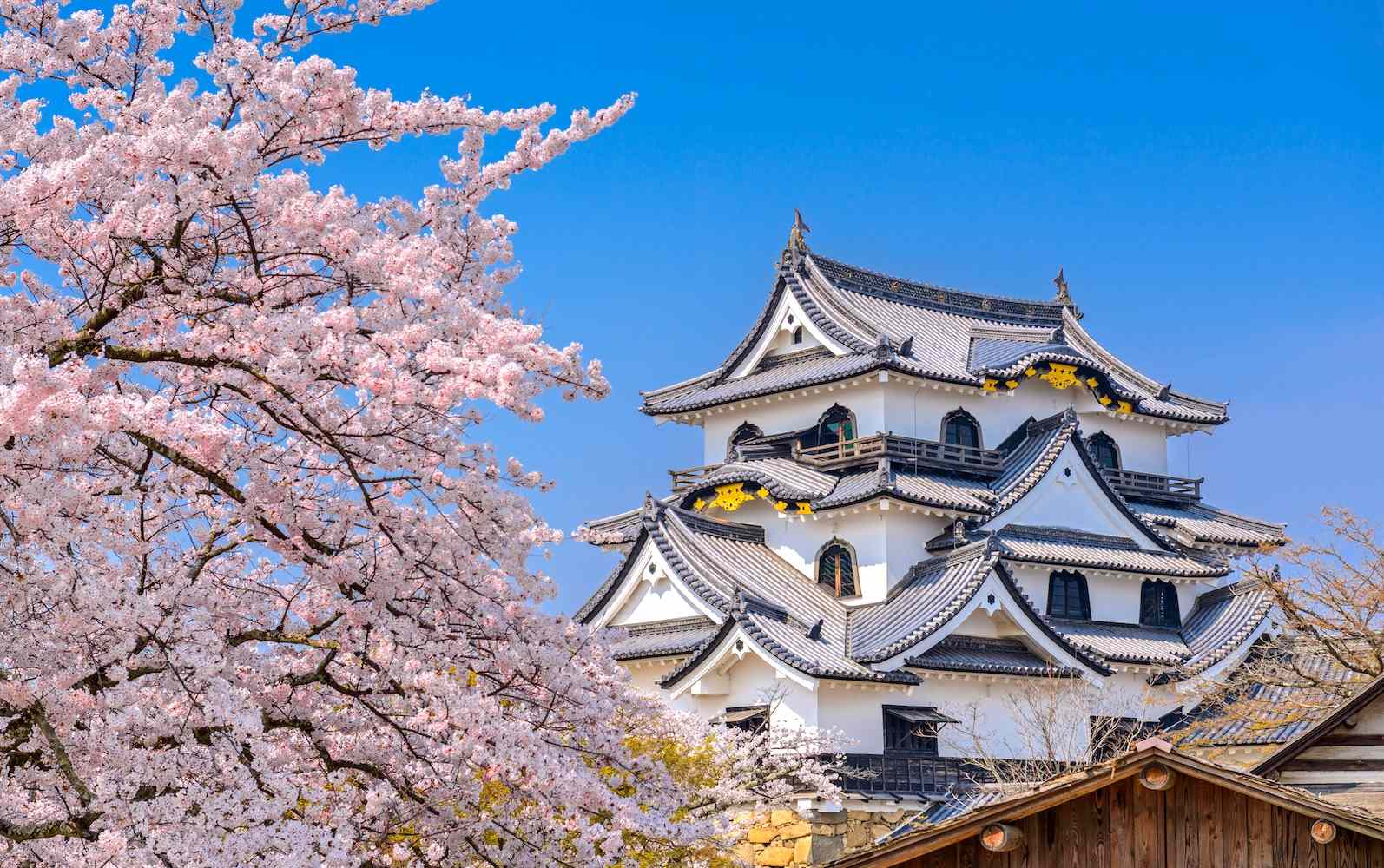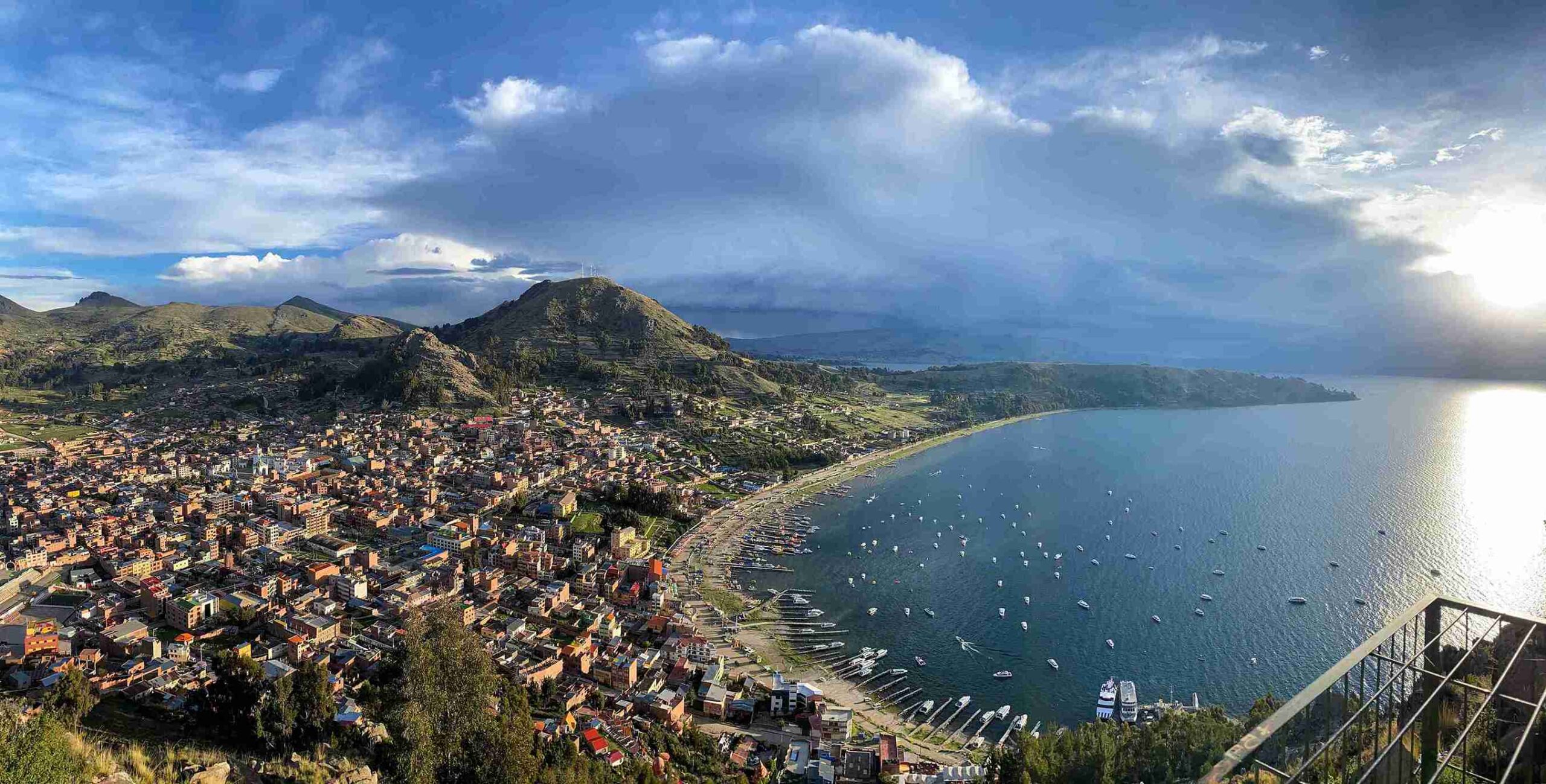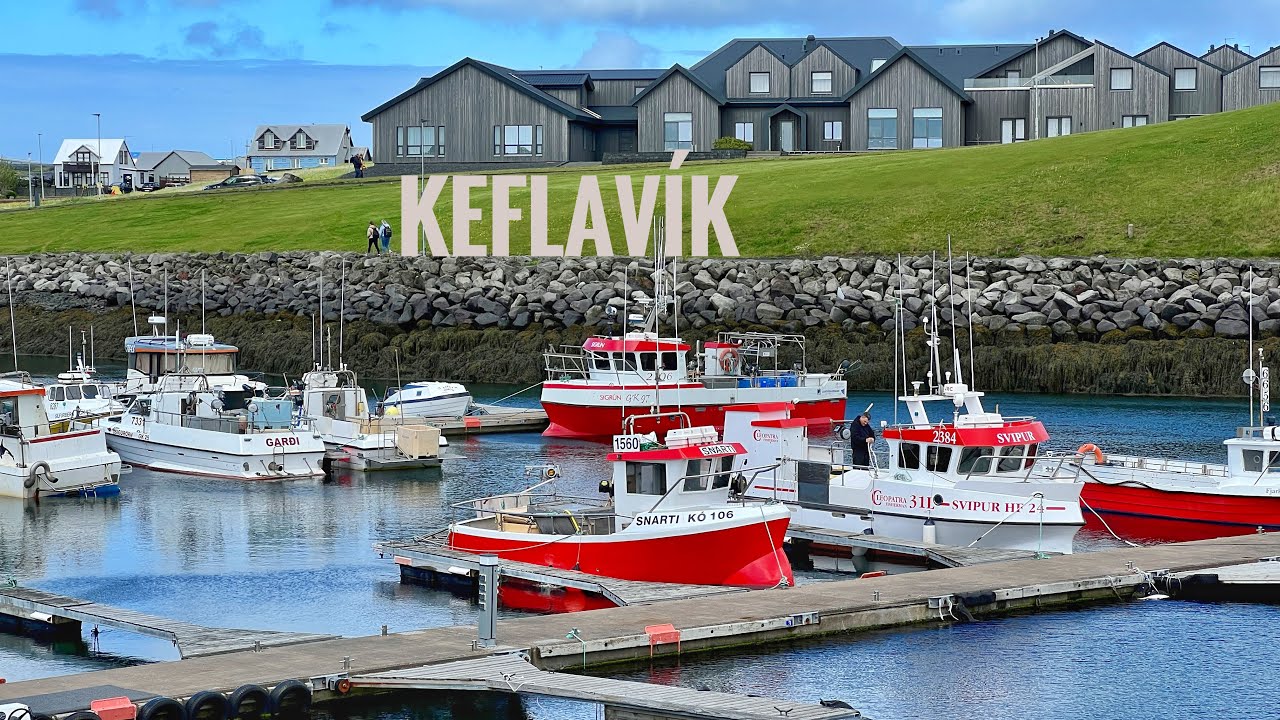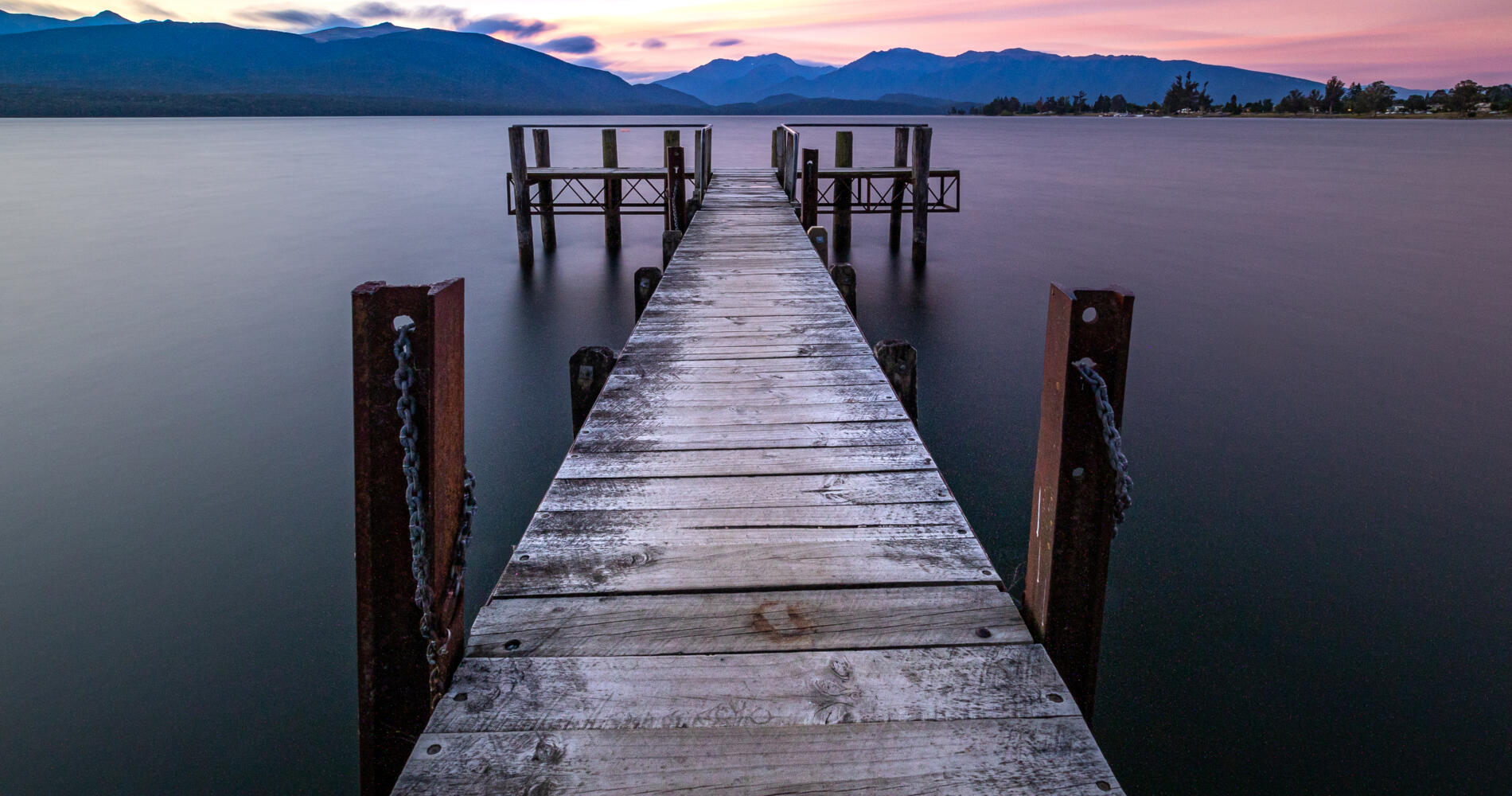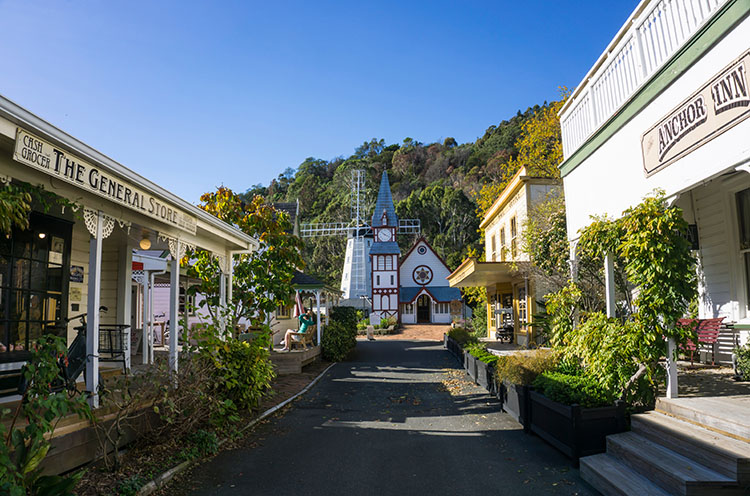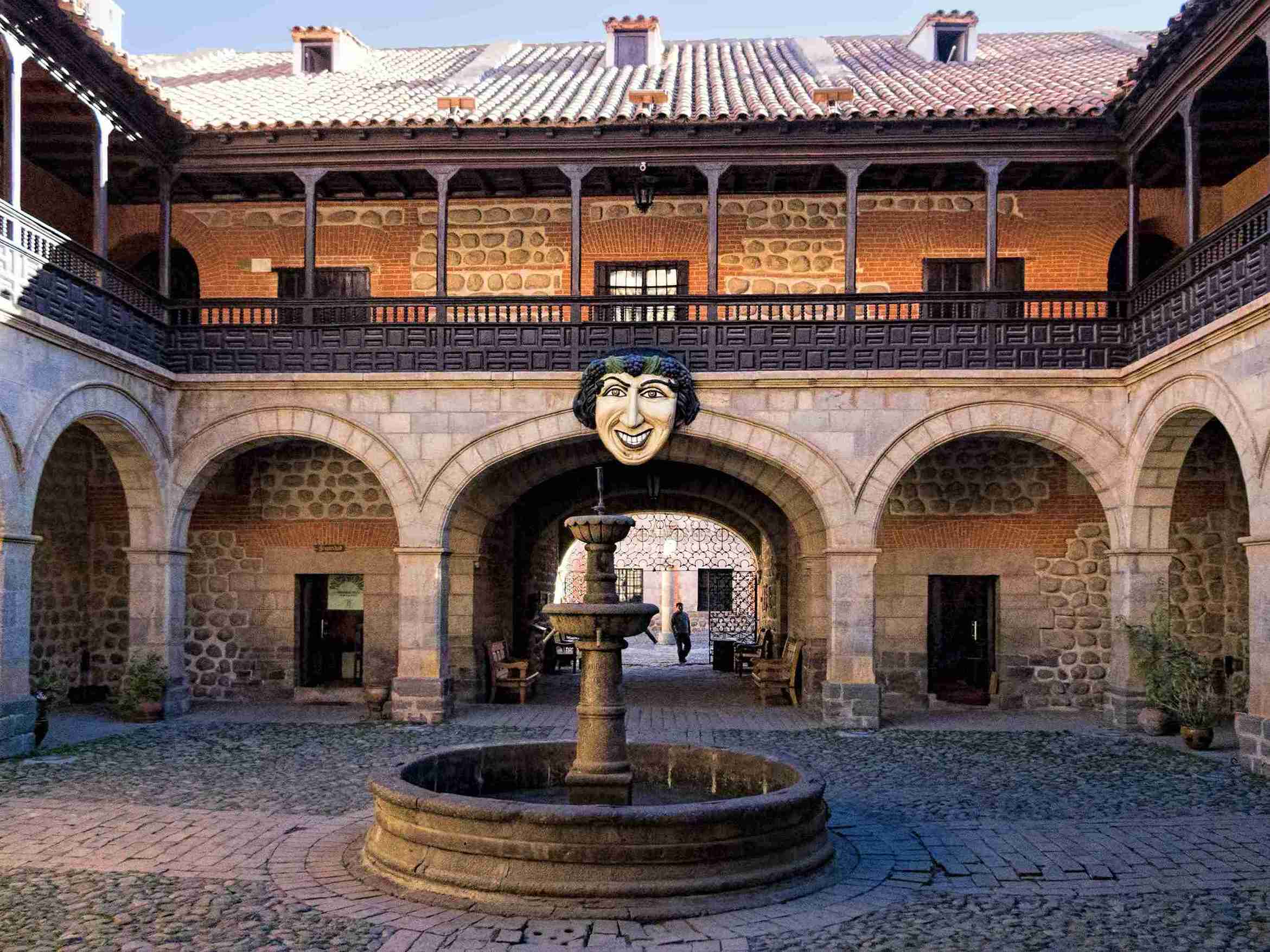Istanbul, Turkey travel tips
Category
Categories
Popular Articles
# Overview of the Destination
Istanbul, the cultural gateway between Europe and Asia, is known for its rich history and dazzling diversity. The only city in the world to straddle two continents, Istanbul provides a blend of the old and the new. It’s famous for its iconic Byzantine and Ottoman architecture, vibrant bazaars, delicious cuisine, and the welcoming nature of its people. Istanbul offers a unique experience that has attracted travelers for centuries and makes it an unmissable destination.
# Best Time to Visit
The peak tourist season in Istanbul is during the summer months from June to August when the weather is warm and dry, and all tourist sites are open. However, it can also be crowded and hot. The best times to visit are during spring (April-May) and autumn (September-November) when temperatures are more moderate, and there are fewer tourists. Major events to note are the Istanbul Film Festival in April and the Istanbul Biennial in September and November.
# Climate & What to Pack
Istanbul experiences a temperate Mediterranean climate. Summers can be hot and humid, with temperatures often above 30°C, while winters are cool and rainy, with temperatures ranging from 3°C to 9°C. Rain is common in the spring and autumn.
For summer, pack lightweight clothing, sun hats, sunscreen, and comfortable shoes. For winter, bring a warm jacket or coat, sweaters, long pants, scarves, and waterproof shoes. Also, you should include a foldable umbrella and a pair of sunglasses.
# Getting There
The Istanbul Airport (IST), one of the world’s largest, is the primary international gateway to Istanbul. From the airport, you can catch a taxi, use a rideshare app, or take the Havaist shuttle bus, which provides transportation to various points throughout the city. Foreign travelers are required to have a valid passport and may need a visa depending on your nationality. Always check with the Turkish consulate or embassy in your home country for up-to-date visa requirements.
# Getting Around Locally
Istanbul offers a wide array of public transportation options, including trams, buses, metros, and ferries. Taxis and rideshare services like Uber are widely available. Walking can be a pleasure, especially in historic areas, but be aware Istanbul’s streets can be hilly and uneven. Unless necessary, renting a car is not typically recommended due to heavy city traffic and limited parking.
# Safety Tips
Istanbul is generally safe for tourists, but as in any major city, it’s wise to remain vigilant. Keep your belongings close in crowded areas as pickpocketing can occur. Avoid walking alone at night in less populated areas. Beware of friendly strangers offering to take you to “special” bars or restaurants to avoid scams. Respectfully dressing modestly, particularly in religious sites, is appreciated. Istanbul is safe for solo travelers, but it is advised to avoid unwanted attention by dressing appropriately and knowing your route.
# Top Things to Do & See
The must-visit sites include the stunning Hagia Sophia, the resplendent Topkapi Palace, and the iconic Blue Mosque. Don’t miss the bustling Grand Bazaar. For a unique experience, book a Bosphorus Cruise or relax in a traditional Turkish Bath. Istanbul’s hidden gems include the Basilica Cistern and colorful Balat neighborhood.
# Where to Stay
Sultanahmet is ideal for first-time visitors with a variety of accommodation options and proximity to major historic sites. If you want a taste of Istanbul’s vibrant nightlife, consider Beyoglu. Luxury hotels include the Four Seasons and the Shangri-La. For mid-range, consider the Sultania Hotel or Niles Hotel. For budget options, look at hostels such as Cheers Hostel or Metropolis Hostel.
# Food & Local Cuisine
Indulge in the rich Turkish cuisine. Must-tries include Baklava, Doner Kebap, and Turkish Tea. Istanbul is packed with eateries, from street food stalls to high-end restaurants. Enjoy a meal at a street-side cafe, visit a traditional tea garden, or enjoy fine dining at refined restaurants like Mikla or Ulus 29.
# Cultural & Practical Tips
The official currency is the Turkish Lira. Turkish is the official language, but English is commonly spoken in tourist areas. Tipping is customary in restaurants and taxis (around 10%). The Electric plug is 220V, and the sockets are of type F. Free Wi-Fi is available in many cafes and restaurants.
# Sustainable or Responsible Travel Tips
Respect the local culture and religious customs, especially when visiting mosques and religious sites. Make use of public transportation to help reduce your carbon footprint. Try to support local businesses and artisans by buying local products.
To end off, my personal travel tip for a first-timer in Istanbul: Save a day just for aimless wandering. The city’s true charm lies in uncovering its hidden corners and meeting its friendly, warm people. Enjoy!
